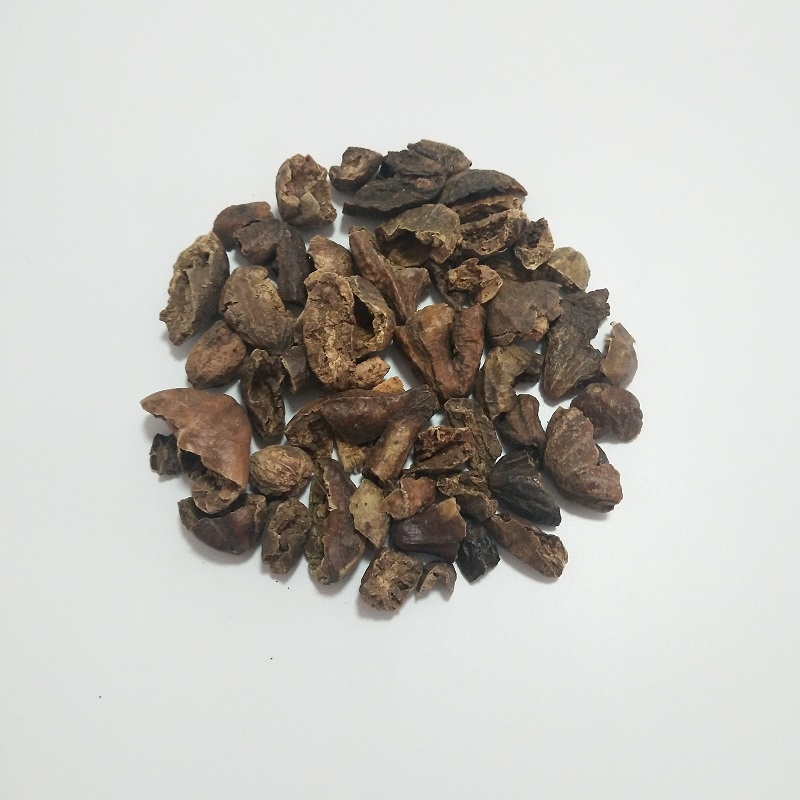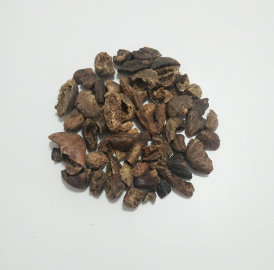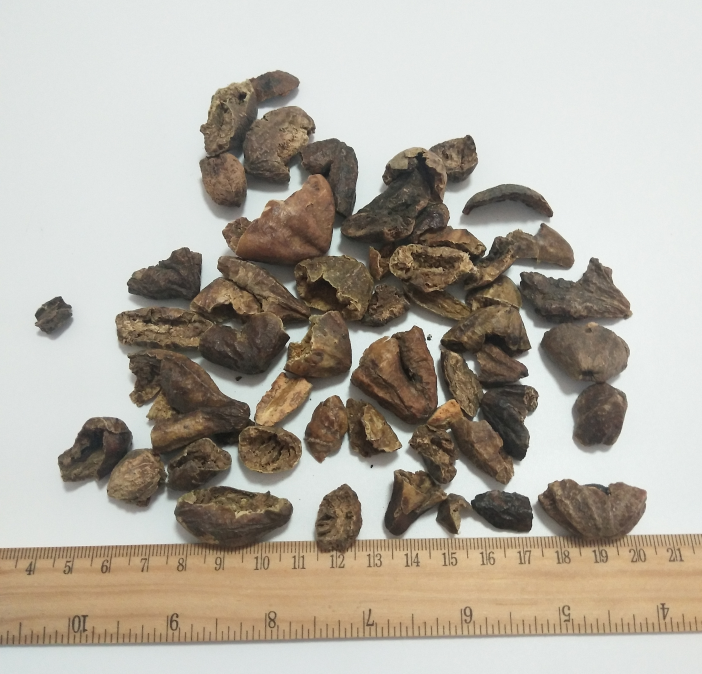
Fructus Chebulae(hē zi) is a traditional Chinese medicinal herb that has been used for centuries in Chinese medicine.
It is derived from the dried ripe fruit of the plant Fortune's Melia (Melia azedarach var. latifolia), which belongs to the family Meliaceae. The plant is native to China and other parts of East Asia.
In traditional Chinese medicine, hē zi is believed to have several therapeutic properties and is often used for its anti-inflammatory, antipyretic, and analgesic effects. It is also thought to clear heat, dry dampness, and expel parasites. Some of the conditions it is commonly prescribed for include diarrhea, dysentery, abdominal pain, fever, headache, skin infections, and parasitic infestations.
The active compounds in hē zi include limonoids, such as azadirachtin and meliatoxins, which are thought to contribute to its medicinal effects. However, due to the potential toxicity of these compounds, hē zi should be used under the guidance of a qualified practitioner and according to recommended dosages.








